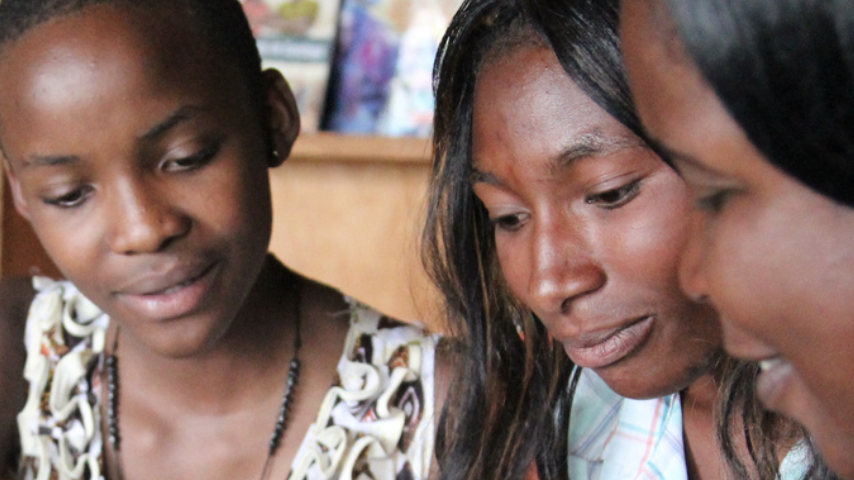A new policy brief by Cordaid and the Women’s International Peace Centre (WIPC), in collaboration with national partners under the Just Future Alliance, calls for feminist approaches to post-conflict socio-economic recovery and peacebuilding.

This brief highlights the barriers women face in economic participation and provides strategies to enhance women’s leadership and inclusion in the labour market. It argues that these targeted interventions are essential for sustainable recovery and lasting peace in conflict- and disaster-affected regions.
The document is intended for policymakers, international donors, and governments at all levels. It offers actionable recommendations that account for women’s specific challenges and strengths, underscoring the importance of inclusive and equitable solutions in peacebuilding.
Key Barriers to Women’s Economic Participation
-> Exclusion from the formal economy: Limited job security, income potential, and access to social protections.
-> Restricted access to resources: Barriers to information, funding, and land ownership.
-> Impact of climate change: Disproportionately affecting women’s livelihoods and economic opportunities.
Addressing these challenges is not only a matter of fairness but essential for building stable, resilient communities. Inclusive policies that strengthen women’s socio-economic positions are vital to achieving sustainable peace. By ensuring women’s meaningful participation in decision-making, societies benefit from more inclusive solutions that address the needs of entire communities, rather than a select few.
Empowering Women as Agents of Change
The brief emphasises that empowering women as leaders is a critical step toward peace and development. When women are economically empowered, they gain negotiating power and can actively participate in peace- and state-building processes. As Harriet Poni Dumba, Executive Director of Women Partners for Health (South Sudan), stated, ‘Women are not only participants but leaders in these processes, stepping beyond the traditional roles of victims or beneficiaries.’
By recognising women as agents of change and providing the necessary resources and opportunities, communities can foster more equitable and prosperous societies. The policy brief proposes a series of recommendations to guide regional, national, and international policymaking, focusing on prioritising equality and empowering women.
A Call to Action
As conflicts persist globally and communities face the challenge of rebuilding, this policy brief is a crucial reminder that true peace and recovery can only be achieved by addressing women’s needs. Building peace is not just about ending conflict—it is about creating inclusive, equitable, and resilient societies. Ensuring that women, often the hardest hit by conflict, have access to the tools and platforms they need to lead in peacebuilding efforts is key to sustainable recovery.